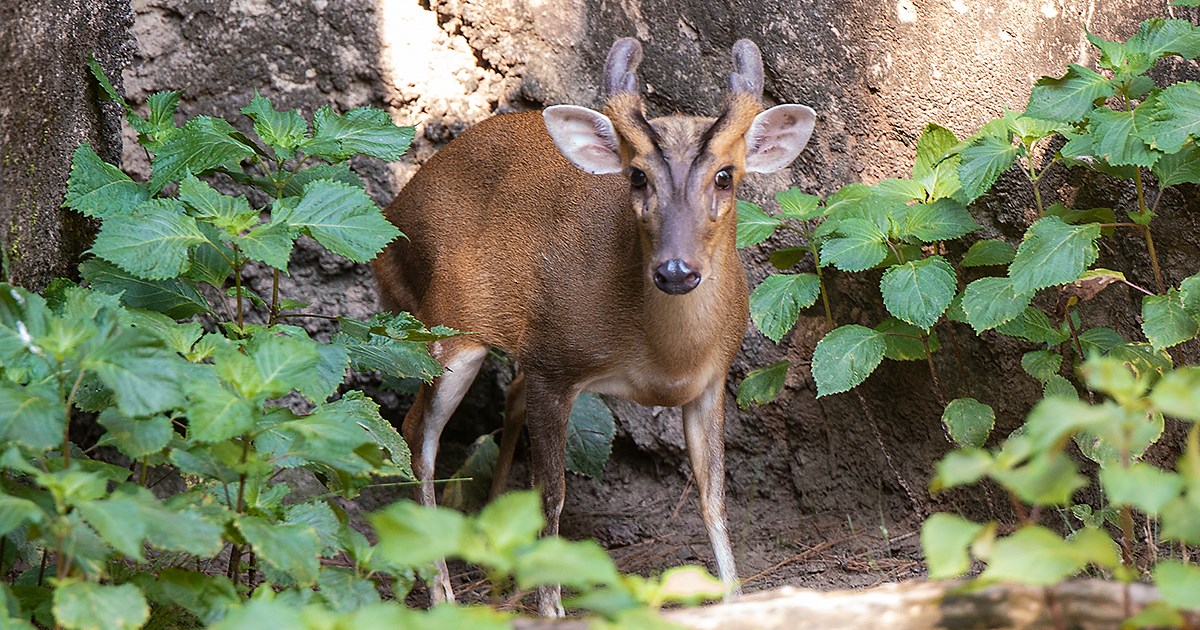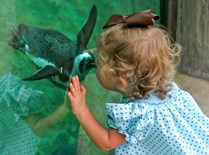Green Team

Our Green Team unites a diverse group of Zoo employees dedicated to environmental health, conservation, and sustainability of natural resources. This team is dedicated to making conservation a daily goal by implementing sustainable practices throughout the Zoo and educating the public about environmentally friendly practices. As an educational institution, we are focused on conserving the natural world around us. Our dedication extends beyond the plants and animals exhibited to include the natural resources used here every day. By working with the City of Little Rock and local nonprofits, our Green Team strives to keep Arkansas "The Natural State" and observe the 3 R's: Reduce. Reuse. Recycle.
Our mission as the Little Rock Zoo Green Team is to contribute to a sustainable future. We will RECYCLE what we can, REUSE what we have and REDUCE our waste, pollution and consumption.
Cell Phone Recycling
The Little Rock Zoo recycles old cell phones, batteries and chargers as well as some small electronics for the Gorillas on the Line conservation program. A mineral known as Coltan is mined in areas where gorillas live resulting in habitat loss and the decline of gorillas and other animals. Recycling cell phones reduces the need for Coltan. If you have a cell phone, cell phone battery or charger or a small electronic device (ipad, MP3 Player, Kindle, handheld gaming system, etc.) drop it off at the Little Rock Zoo front gate and we will be happy to take your items. Please be sure that you have removed any personal information before donating your phone for recycling.
Want to learn more about what you can do around your home to live more sustainably? Here are some helpful links:
The Wildest Value in Town!

Memberships support the Zoo's efforts to promote conservation and education. It is the perfect way to benefit humans and animals, alike!
1 Zoo Drive
Little Rock, AR 72205
501-661-7200
Hours of Operation
9 a.m. to 4:00 p.m.
Last admission 3:30 p.m.
Zoo grounds close at 4:00 pm
Stay Informed!
Enewsletter Sign-Up
Sign up to stay up-to-date on the latest zoo news, upcoming events and deals.


